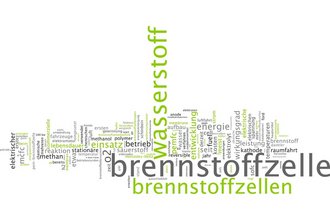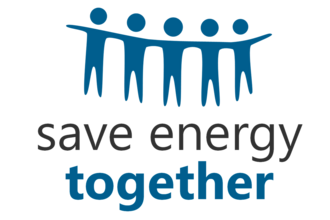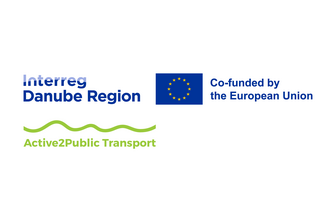
International cooperations
International and European cooperation
In order to achieve the transformation of the energy system, exchange and mutual learning are essential. On the other hand, the international community must pull together to achieve the global climate targets. This requires the best possible cooperation.
United Nations Industrial Development Organization (UNIDO)
The Austrian Energy Agency and UNIDO have had a partnership for cooperation and the exchange of expertise (in the fields of renewable energy and industrial energy efficiency) since June 2013. In November 2016, both signed an extension of their cooperation agreement (Memorandum of Cooperation). The cooperation between the two institutions enables considerable synergies. The Austrian Energy Agency contributes its expertise in areas such as industrial energy efficiency, the development of international energy projects, the use of international climate policy instruments and the design of energy policy frameworks for energy efficiency.
European Energy Network (EnR)
The Austrian Energy Agency is a member of the EnR, which was founded in 1991 and currently brings together national energy agencies from over 20 countries. The network bundles the competence and expertise from the member agencies and is therefore an important source of inspiration and multiplier for the EU Commission and EU Parliament. The main task of the EnR is to promote and manage the exchange of information, experience and expertise, for example in the implementation of energy-related EU directives.
International Energy Agency (IEA)
Austria's membership of the IEA entails certain rights and opportunities as well as obligations in terms of representation on various committees and working groups. These opportunities should be optimally utilized. The Austrian Energy Agency supports the membership with technical expertise in several subject areas, including Renewable Energies, Fossil Fuels, Greenhouse Gases, Wind, Solar Paces, Fuel Cells and Motor Systems.
Concerted Action on the Renewable Energy Directive
The Renewable Energy Directive 2009/28/EC is part of the EU's climate and energy package and creates a binding legal framework for the increased use of renewable energy sources in the electricity, heating/cooling and transport sectors by 2020. With the Concerted Action on the Renewable Energy Sources Directive (CA-RES), the European Commission offers an instrument that supports the Member States in implementing the Directive through a structured exchange of experience. Its focus is on topics that require a common approach and benefit from the coordination of the member states. On behalf of the EU Commission, the Austrian Energy Agency has been coordinating and managing the CA-RES, which is currently in its third phase, since 2010 and has thus strategically positioned itself as a coordinator across Europe.
We provide answers
It is obvious that (international) cooperation is necessary to achieve the climate goals. Building such relationships, designing complex processes for professional exchange and building trust and ultimately finding solutions together with the respective commitment requires know-how and years of experience. With its diverse international projects and collaborations, the Austrian Energy Agency shows how such processes can be carried out successfully.
Contact person






